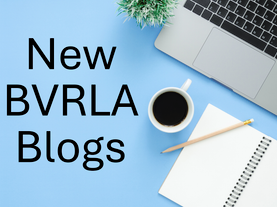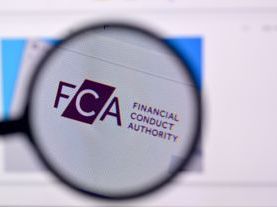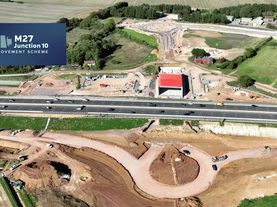The Chancellor’s recent Autumn Statement had a heavy focus on supporting workers via various wage support measures. For companies, a major change was announced to incentivise investments, but it came with a longstanding sting in the tail.
Jeremy Hunt MP confirmed that full expensing will be made permanent in the Autumn Finance Bill 2023. Investments made by companies in qualifying plant and machinery (after 1 April 2026) will continue to qualify for a 100% first-year allowance for main rate assets, and a 50% first-year allowance for special rate (including long life) assets.
Cars, assets for leasing and second-hand assets will be excluded from these 100% and 50% first-year allowances. These exclusions were present in the previous incentive and initial application of full expensing (which was first brought in as a temporary measure).
There are signs of improvement and the BVRLA has been working to see the exclusion of rental and leasing removed. The government is still actively considering whether there is a case to extend full expensing to leasing and is publishing a technical consultation to seek input on potential draft legislation.
The BVRLA is already a member of HMT’s working group and will be active when the group reconvenes in January.
Read the BVRLA’s Response to Autumn Statement.
Elsewhere in the Autumn Statement, the Chancellor announced:
- Plans to support EV charging infrastructure and simplify the grid connections process. This is a positive step for BVRLA members and should play a major role in unlocking extra grid capacity
- Key motoring taxes frozen for commercial vehicles. The Van Benefit Charge and the Car & Van Fuel Benefit Charges will be maintained at 2023-24 levels for 2024-25. In terms of Vehicle Excise Duty (VED), although this will be uprated for cars, vans and motorcycles, Heavy Goods Vehicles (HGV) VED and HGV levy will both be frozen.
Read the BVRLA’s Company Van and Fuel Taxation and VED Road Tax guidance for more information.




